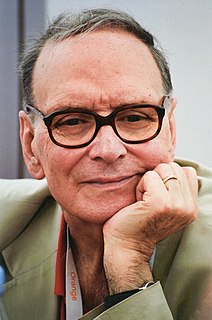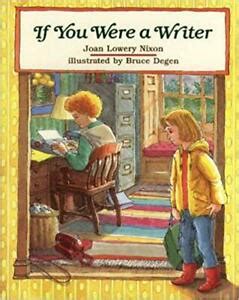A Quote by Alice Munro
Sometimes I get the start of a story from a memory, an anecdote, but that gets lost and is usually unrecognizable in the final story.
Related Quotes
Experimental novels are sometimes terribly clever and very seldom read. But the story that appeals to the child sitting on your knee is the one that satisfies the curiosity we all have about what happened then, and then, and then. This is the final restriction put on the technique of telling a story. A basic thing called story is built into the human condition. It's what we are; it's something to which we react.
The ‘experimental’ writer, then, is simply following the story’s commands to the best of his human ability. The writer is not the story, the story is the story. See? Sometimes this is very hard to accept and sometimes too easy. On the one hand, there’s the writer who can’t face his fate: that the telling of a story has nothing at all to do with him; on the other hand, there’s the one who faces it too well: that the telling of the story has nothing at all to do with him
The thing that's helped me from wrestling is sometimes when you do live television, things change immediately, so you can be immersed in one story and then the story shifts. Ultimately, if you just get the point of what you're trying to accomplish, if you know the story, then you can put forth a good product.
I think that people have to have a story. When you tell a story, most people are not good storytellers because they think it's about them. You have to make your story, whatever story it is you're telling, their story. So you have to get good at telling a story so they can identify themselves in your story.






































